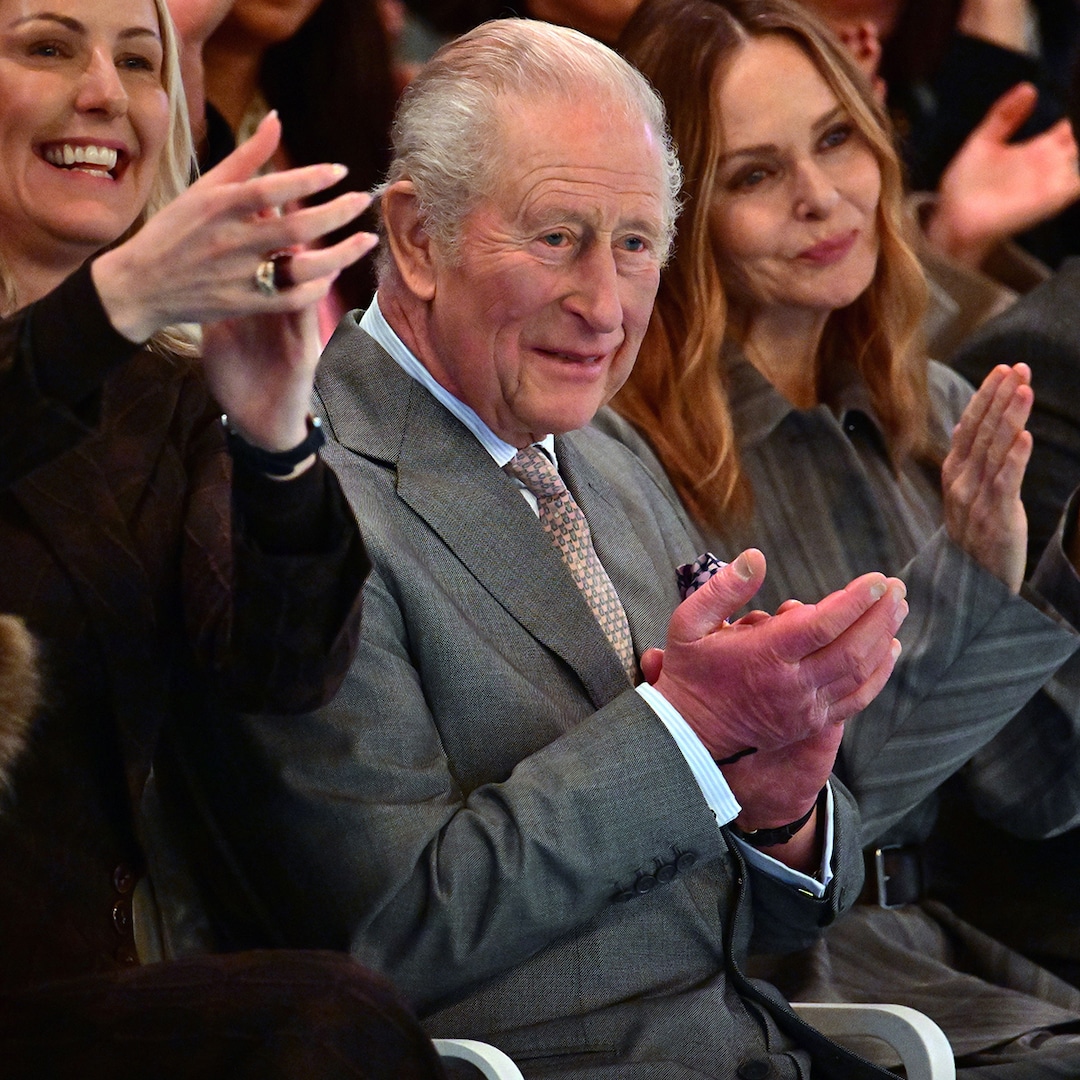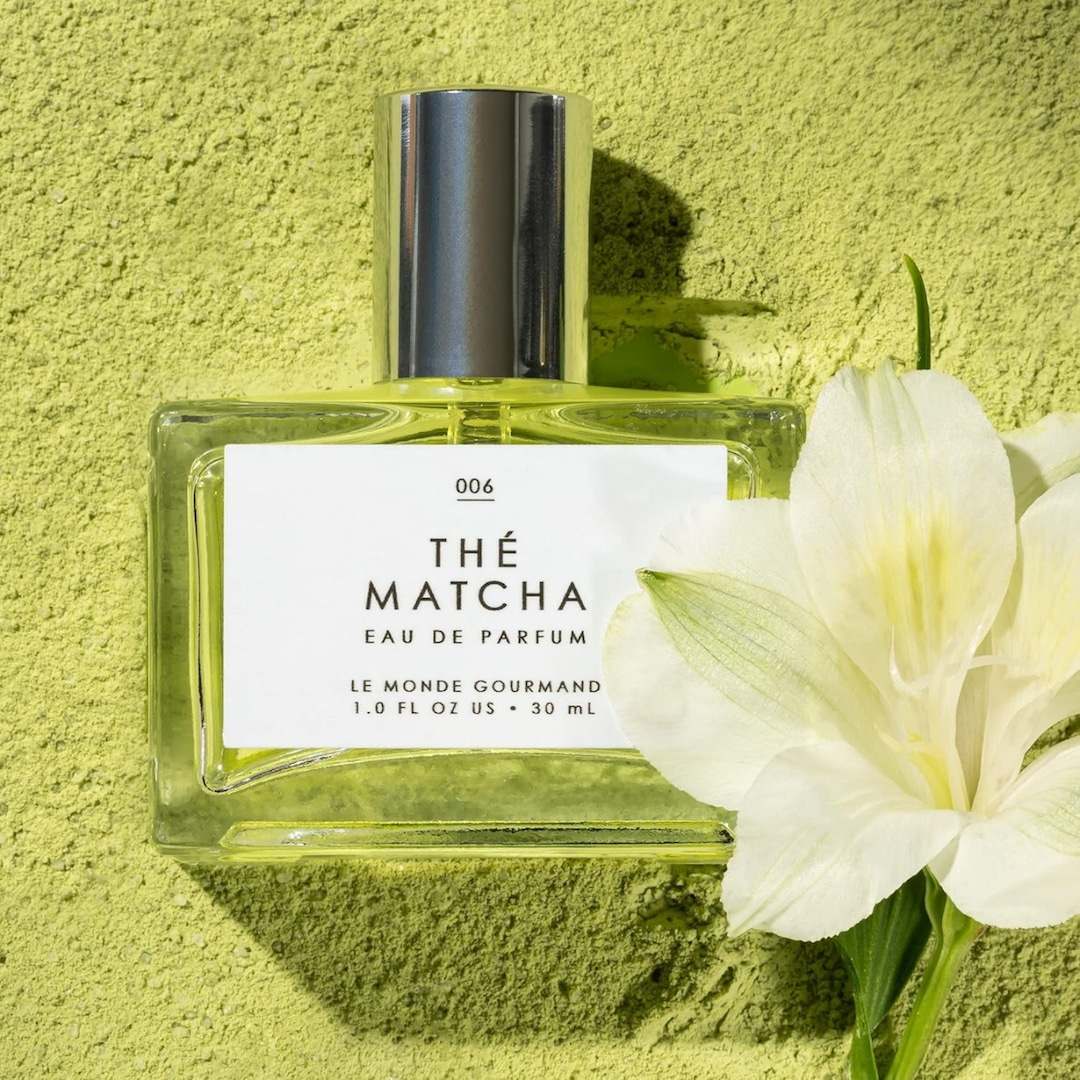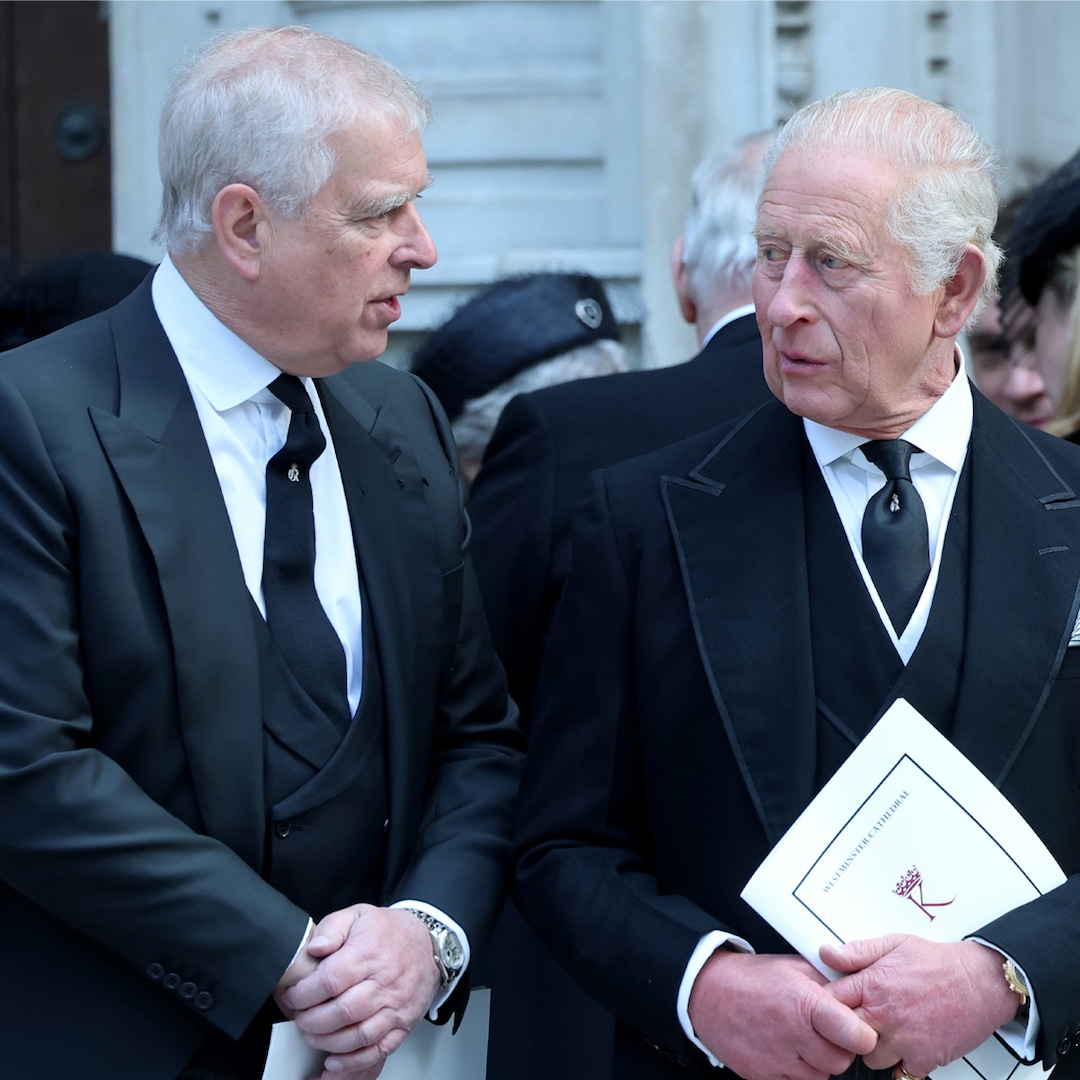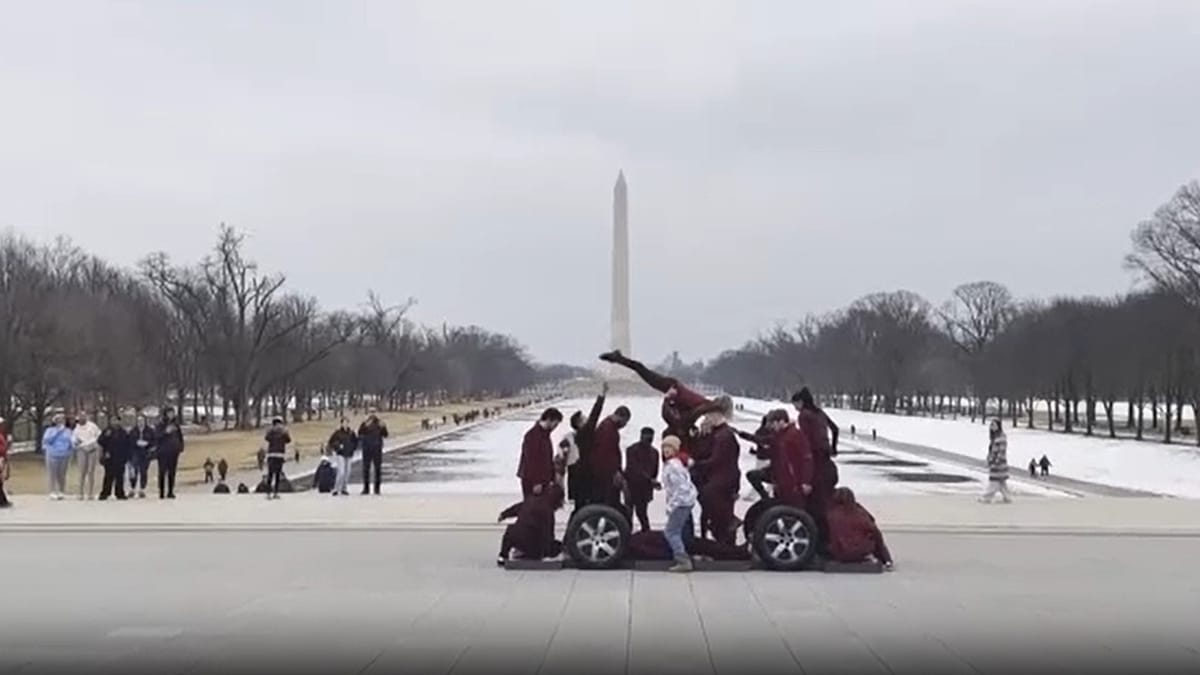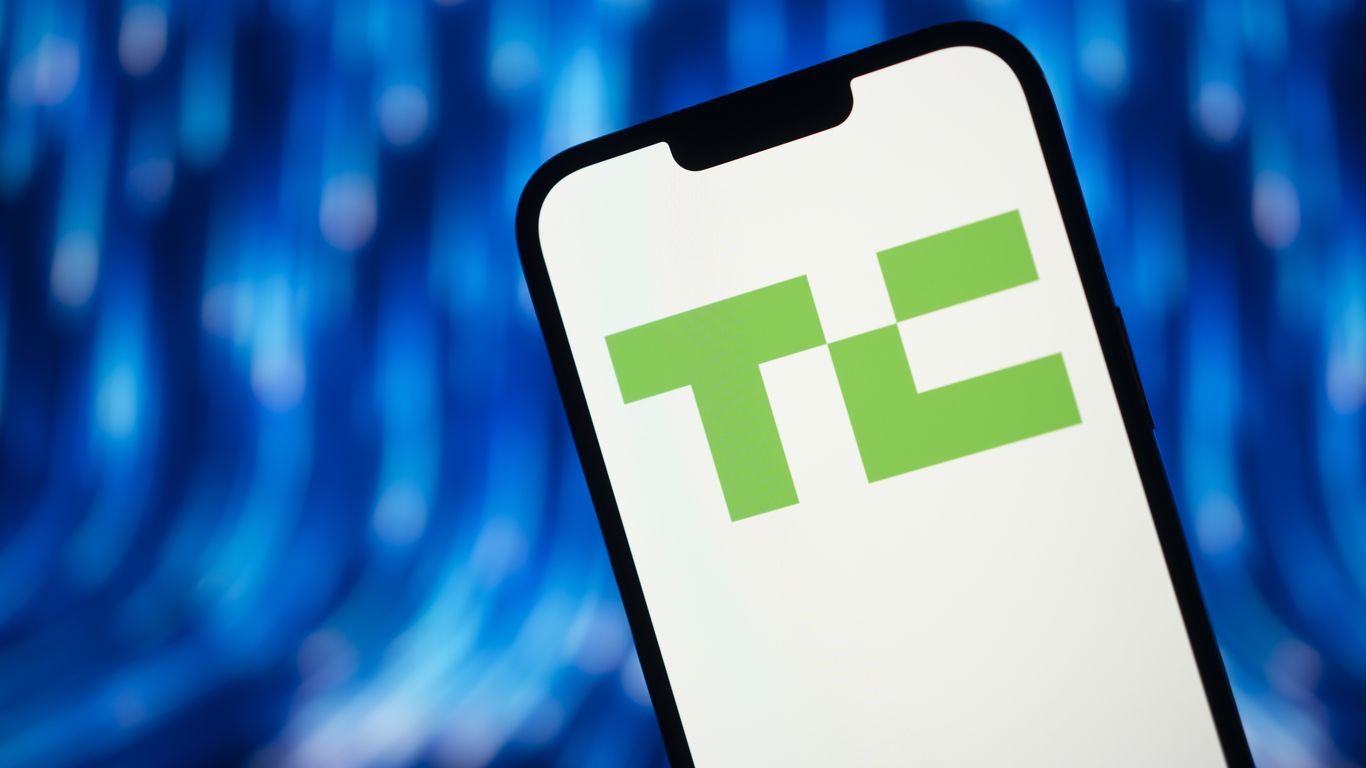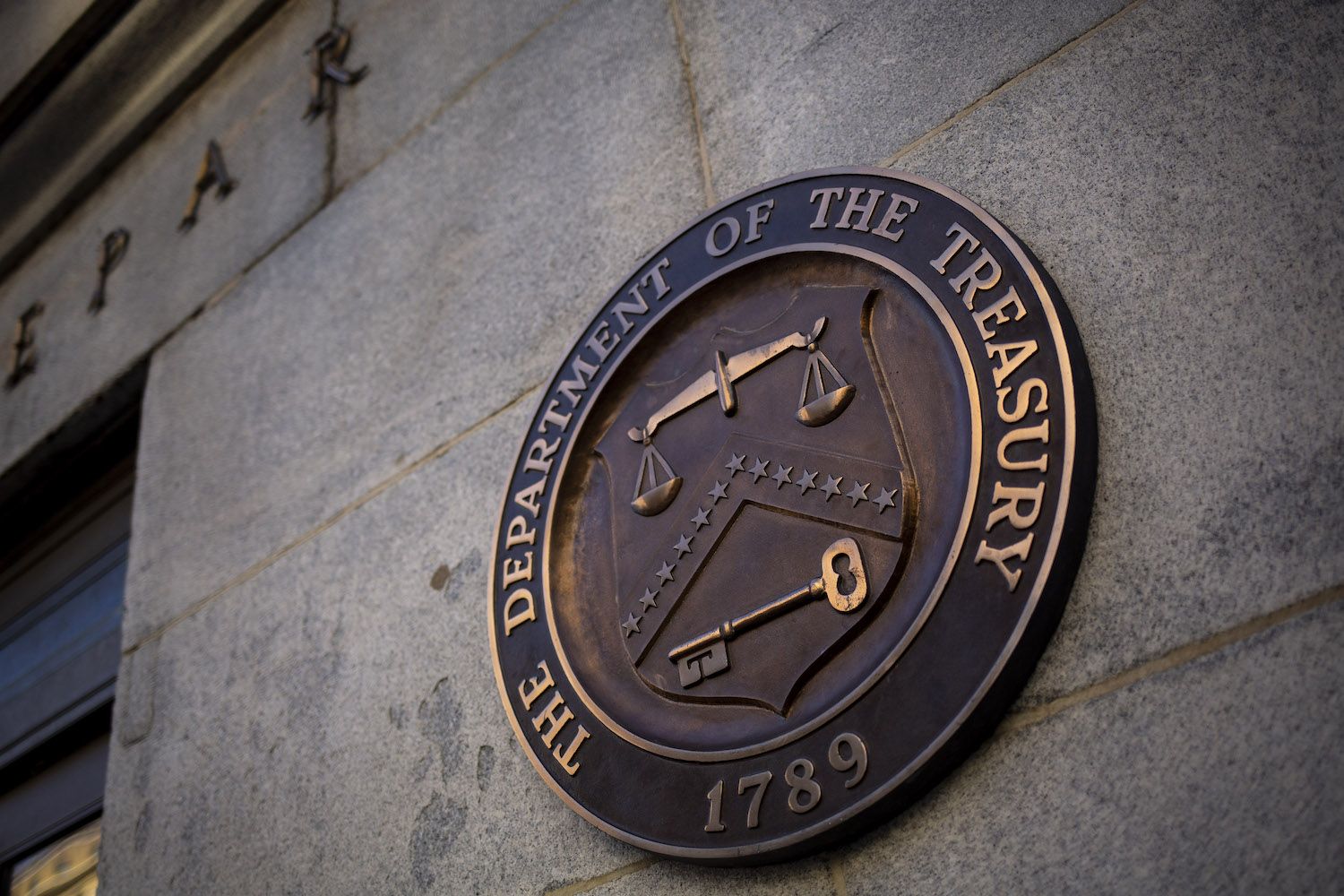Meta has won the antitrust case that could have forced it to spin off Instagram and WhatsApp

Meta has successfully avoided what was once the biggest existential threats to its company. A federal judge has sided with the social media company in a landmark antitrust case, ruling on Tuesday that the Federal Trade Commission (FTC) had not proven that Meta is a monopoly.
The FTC filed antitrust charges against Meta, then known as Facebook, in 2020 during President Donald Trump's first term. The government had argued that by acquiring its one-time rivals, Instagram and WhatsApp, the company had hurt US consumers by stifling competition in the social media industry. Meta had argued that those services were only able to grow to the 1 billion-user apps because of its investment and had cited the rise of TikTok as proof that it continues to face strong competition.
On Tuesday, US District judge James Boasberg ruled in favor of Meta. "Whether or not Meta enjoyed monopoly power in the past, though, the agency must show that it continues to hold such power now," he wrote. "The Court’s verdict today determines that the FTC has not done so."
If the FTC had succeeded, it could have called for Meta to unwind its acquisitions of WhatsApp and Instagram. "We are deeply disappointed in this decision,” the FTC’s director of public affairs Joe Simonson said in a statement. “The deck was always stacked against us with Judge Boasberg, who is currently facing articles of impeachment. We are reviewing all our options." The FTC could still appeal the ruling, though it’s not clear if it plans to do so.
"The Court's decision today recognizes that Meta faces fierce competition,” a Meta spokesperson said in a statement. “Our products are beneficial for people and businesses and exemplify American innovation and economic growth. We look forward to continuing to partner with the Administration and to invest in America."
A number of current and former high-profile executives, including Adam Mosseri, Sheryl Sandberg, Kevin Systrom and Mark Zuckerberg testified during the weeks-long trial earlier this year. In his testimony, Zuckerberg spoke about the immense pressure Meta felt from TikTok, saying that Meta's growth had "slowed down dramatically" as TikTok became more popular.
It turns out that Meta's defense that TikTok and YouTube are major competitors to it helped sway Judge Boasberg. While the FTC's lawyers had tried to claim that Meta had a monopoly on "personal social networking" apps — a narrow group it said included Snapchat and the decentralized app MeWe — Boasberg was unable to ignore the dominance of TikTok and YouTube.
"PSN [personal social networking] apps may have been a market unto themselves when the FTC filed this case in 2020 or when it approved Facebook’s acquisitions of Instagram and WhatsApp in 2012 and 2014," he wrote. "That is no longer the case. The Court ultimately finds that YouTube and TikTok belong in the product market, and they prevent Meta from holding a monopoly. Even if YouTube is out, including TikTok alone defeats the FTC’s case."
Update, November 18, 20225, 12:08PM PT: Added a statement from the FTC.This article originally appeared on Engadget at https://www.engadget.com/social-media/meta-has-won-the-antitrust-case-that-could-have-forced-it-to-spin-off-instagram-and-whatsapp-184320742.html?src=rss














